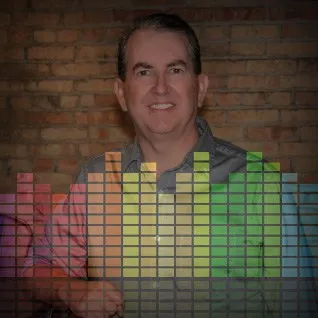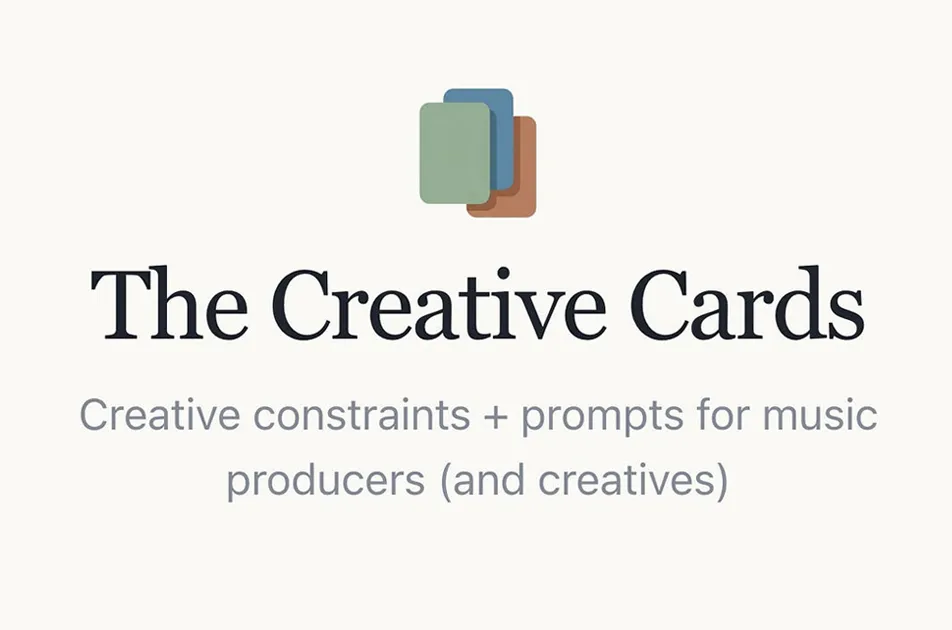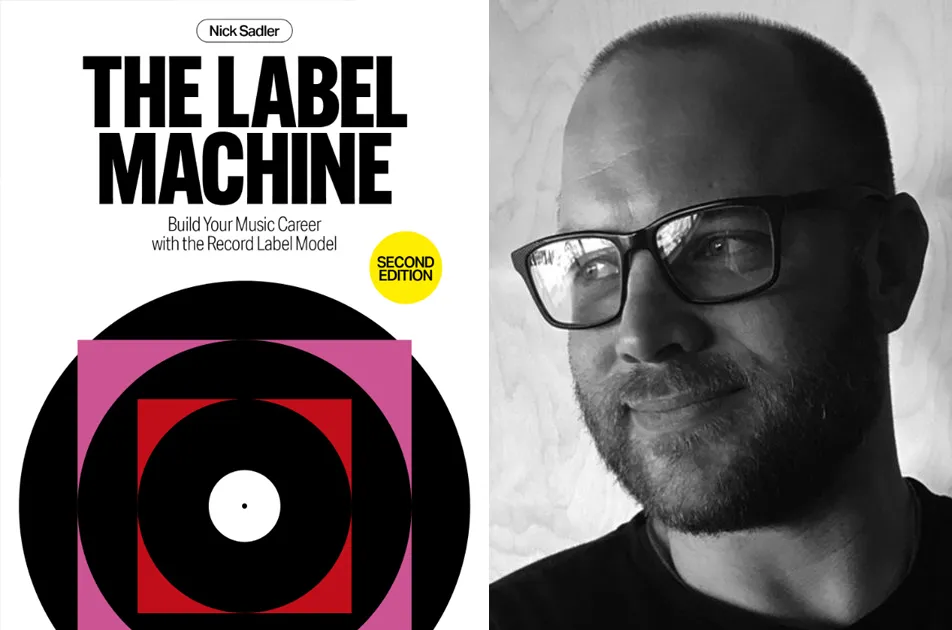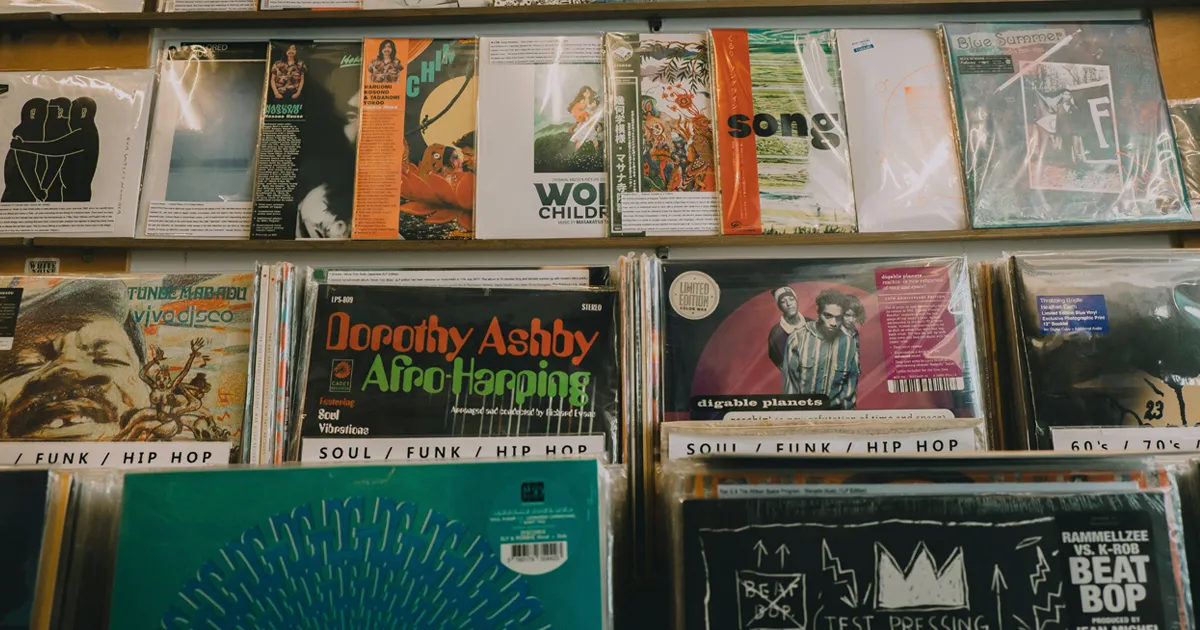In this interview, CTO, Entrepreneur, and manager of some of Canada’s biggest country artists Louis O’Reilly discusses starting your own record label, what the future of TikTok looks like and what exactly makes for a good manager.
Guest post by Solveig Deason of Berklee College of Music: Music Business Journal
The following transcript is from an interview conducted by Berklee student Solveig Deason with Manager, CTO, and Entrepreneur Louis O’Reilly. Louis is the manager for Canada’s biggest country artists, including Brett Kissel, as well as the Chief Technology Officer for Songfluencer, a marketing platform designed to match artists with influencers to promote their music. In this interview, he discusses starting his own record label, the future of TikTok, and what qualities make a great manager.
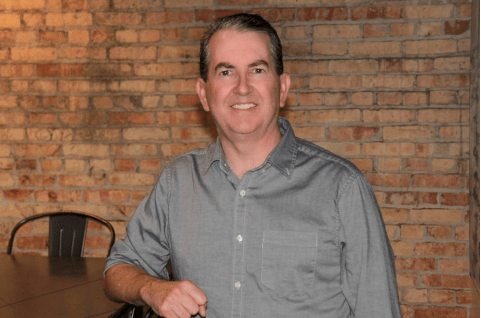
Solveig: Thank you so much for meeting with me, Louis! My first question is how did you get your start in the music industry?
Louis: I’d always been peripherally involved in the music business. My brothers and I had a band, and then in university I played in another band and had a recording studio. It had always been a hobby of mine, but I’d never done it at a high level. Friends of mine were in a band and one of them asked me to manage them. I thought it would be interesting, and I’d had some business experience at that point, so I knew enough that I wouldn’t be a fish out of water. I decided to do it.
Solveig: Awesome! So, your first branch into the industry was with management?
Louis: Yes, other than having a whole recording studio and having produced some projects. This was the first time I was jumping in with the big guns.
Solveig: I understand you have a degree in economics. How has this helped your career?
Louis: It helped me to think, have critical reasoning and planning, and all the things that a classical post-secondary education gives you. Being able to be good with numbers and work spread sheets definitely helped me. Certainly, the appreciation of supply and demand and the economy is helpful, but I don’t think I would give it much credence to my success other than just a classical post-secondary education.
Solveig: How did you decide to start your own record label “On Ramp Records?”
Louis: It was out of necessity. At that time, most of the major labels weren’t signing Canadian country acts and my artists were putting out incredible music. I needed a home for them, and by that time I had enough of an understanding of how a record label operated and the essential parts to make it run, so I put it together. What you’ll find is a lot of managers are also entrepreneurs at heart, so to launch out as a manger, you have to have an entrepreneurial spirit. It’s very high risk. Obviously, high risk, high reward. It’s nothing for a manager to then make the leap and say “I’ll start a label,” because they’ve already made that leap of faith in becoming a manager.
Solveig: What has been the most challenging part of creating your label?
Louis: I don’t think there was anything too challenging with it. By that time, I had the key relationships with distribution, radio, and publicity partners that I knew exactly who the team was that I wanted to assemble. For someone who has no experience in this realm and is looking to start a label, they would have to acquire all these relationships and knowledge, but because I’d been a manager for four or five years at that point, I already knew the game and figured I could play for myself.
Solveig: Moving on to Songfluencer, could you explain how the company works?
Louis: Sure! So Songfluencer is the marketing of music through influencers. I developed some proprietary software that matches influencers to songs and artists. If a label or manager comes to us and says “Hey, I have this song and I want more people to hear it” we analyze it and show them the influencers we think would work best for that style and genre of song. We show the type of content they’ve created in the past, and then a budget that could get them X amount of views. My software is able to track the performance of the song and influencer and give the client a sense of how it’s performing relative to other songs of the same type. If it’s struggling, we give options to help. Our influencers work on all platforms, our primary platform being TikTok. There’s a high correlation between a song breaking on TikTok and a song breaking on Spotify and Apple Music. Instagram is also effective, but TikTok is made for music. Rapid consumption of music on TikTok seems to be fuelling the charts more than it ever has.
Solveig: So how did you get involved? You had the software, so did you pitch it to the CEO’s, or did they come to you?
Louis: The two CEO’s, Johnny Cloherty and Sean Pace were already in that space and masters at it. They were involved in artist management, decided to leave that, and join forces. They got involved in using influencers to help increase the number of streams that songs get. They came to me to sell their services, and after I shared that I was a programmer and I’ve already built some of the tools that would benefit their platform, they invited me in and it’s become a fruitful relationship ever since.
Solveig: What are your responsibilities as the Chief Technical Officer?
Louis: As a Chief Technical Officer, I give direction to the technology team on the next steps. Programmers don’t necessarily understand the music business or the social media world, where as I do. I drive the technology forward as it relates to our platform bringing better efficiency, better analytics, and better results for our clients.
Solveig: Yes, so like coming at the technical side from a musical perspective?
Louis: That’s right. I wish I would have said that myself.
Solveig: What role do you believe social media plays in the music industry?
Louis: It’s another point of consumption and marketing. Before, it was television. Everyone was scrambling to get to artists there. It was how people saw your artist and put a face to them. Social media supported a religion beyond television. The reach on TikTok and Instagram is worldwide. An artist can stream to the world at minimal cost. It’s extraordinary, the ability for artists to reach their fans and the fans to discover new artists. It still blows my mind. It’s also meant that everyone has access to the same tools, so the competitiveness is just as great. If you have great music and a great talent, I believe you’re going to break through.
Solveig: How do you foresee TikTok changing in the future?
Louis: Certainly, it’s going to develop in terms of revenue generating. They don’t run a very robust ad model – not as much as Facebook or Instagram, because they’ve had a head start. I do know that it’s going to remain short video clips. I don’t see it moving to anything beyond one minute. Even the name TikTok implies seconds. It appeals to people who like quick hits of dopamine. You don’t have to watch something for 90 minutes to get that excitement – it happens within 15-30 seconds, and that’s the appeal of it. The consumer can swipe and swipe and get more out of that three minutes of swiping than watch an hour-twenty movie.
Solveig: In the steps you’ve taken to get where you are, is there anything you regret doing, or wish you would have done differently?
Louis: I wish I’d have gone to college and taken a specific music program like music business, and I’m not just saying that to flatter you. When I was in university, I didn’t know there were schools that offered that. There was certainly no music business program in Canada as far as I knew. That’s the first thing. There is a certain technical aspect you need, such as publishing and mechanical and synch licensing and copyright. Copyright’s the basis of the music business and how you make money. I had to learn that on the fly and read a lot of books, but a formal education would have been great. The second thing is that I wish I had interned for a music company where I had the chance to work in the physical product, marketing, publicity, and radio department and learned the tricks of the trade. Working in an already functioning label as an intern really accelerates your knowledge and contacts and ability to come out and spread your own wings. I never had that. It would have been helpful to have all that experience baked in before starting my management company.
Solveig: As the manager for some of the biggest country artists, including Brett Kissel, what would you say is the best quality for a manager to have?
Louis: First of all, I’d say integrity, because you have to truly look out for your artist’s best interests, even above your own. You’re really responsible for the artists’ career, and the artist is leaning on you to bring results. There can’t be selfishness in you. Your time is then consecrated to the artist, and if you have a problem with that, then you’re not built to be a manager. It’s not about you anymore, it’s about the artist. Doing it with integrity means that you’re willing to speak the truth to the artist because you believe it’s in their best interest. Integrity needs to take hold and it has to be spoken. There’s so many aspects to an artist’s career. You’re not just looking over the finances, you’re looking after the creative, the legal, the touring, the technical, the crew, the social media, and the day-to-day. All that has to be managed, so a manager needs to be a multitasker and cannot at all get flustered. It’s not a job for someone who likes to focus on one thing, finish it, and move on to the next thing.
Solveig: That’s all I have for you, Louis. Thank you so much for your time and insight!

